 In the absence of a formal defence alliance like Nato, the annual Shangri-La Dialogue in Singapore has become the pre-eminent annual security gathering in the Asia-Pacific region.
In the absence of a formal defence alliance like Nato, the annual Shangri-La Dialogue in Singapore has become the pre-eminent annual security gathering in the Asia-Pacific region.According to Dr John Chipman, the director-general and chief executive of the International Institute for Strategic Studies, who organise the gathering, "the Shangri-La Dialogue is now commonly referred to as the 'indispensable forum' for Asian defence diplomacy."
This year defence ministers and senior officials from some 27 countries are gathering in Singapore.
The US defence secretary is a regular participant as too are senior officials from China, Australia, Japan, Canada, India, Indonesia and a host of smaller Asian countries.
One of the great benefits of this gathering is that unlike a formal summit there is no communiqué to be worked on.
The plenary sessions are often used by ministers to launch trial balloons or make new policy pronouncements and, John Chipman asserts, "the event as a whole allows the defence establishments to 'take the pulse' of the prevailing mood in the region".
This may be the most dynamic part of the world in economic terms but it is also one of major security challenges.
To old disputes like the tensions between China and Taiwan or those between North and South Korea can be added a host of new problems, many of them focused on the competition for natural resources in the South China Sea.
Recent weeks, for example, have seen serious tensions between China and the Philippines.
Living with a rising and sometimes more assertive China is a perennial theme at these gatherings. But, as Dr Chipman said, this year events in China itself give the discussion an added dimension.
"Given the leadership transition in China, it is hard to predict how other ministers will address the China question during this summit. There is bound to be a great deal of discussion about the South China Sea," he said.
The bubbling Korean crisis too is bound to figure. The North has stepped up its rhetorical assaults on the South and has threatened to conduct a new, third, nuclear test.
Dr Chipman notes that the situation on the Korean Peninsula is so delicate now that most of the debate on this at the dialogue will be in private rather than in public.
Of course strong economies combined with the perception of growing threats mean that more money is being spent on weaponry and defence equipment.
China itself has deployed its first trial aircraft carrier, it has developed a stealth fighter, it is expanding both its navy and its civilian maritime patrol force and it has begun to deploy a ballistic missile capable, potentially, of striking at US aircraft carriers far out at sea.
Other countries are responding by beefing up their own air and maritime forces - submarines and maritime patrol aircraft are a popular option.
India is modernising its air force and developing a capability to launch ballistic missiles from submarines.
There are also hopes in some quarters that the US will begin to deploy new naval assets of its own to bases in the region, like the ultra-modern Littoral Combat Ships.
Inevitably, says Dr Chipman, this is all going to colour much of the discussion in Singapore.
"With defence expenditure in Asia rising above that in Europe this year there is bound to be a debate about whether this is all about modernisation or significantly about competition."
"Most Asians are keen on a multipolar Asia, and fear that China likes multipolarity on the global level but is less keen on it in the region," he said.
"Equally, many are worried that if the US gets the tone and content of its policy wrong then there could be unnecessary US-China tensions."
"The net effect is to impose on Asian middle and rising powers more responsibility for themselves shaping the debate."
"Look to Indonesia, Australia and others to try to define the terms of the security debate more forcefully at this year's Shangri-La Dialogue," he said.
Two key speeches are likely to set the tone at this year's gathering.
The meeting will be opened by Indonesian President Dr Susilo Bambang Yudhoyono. How will he frame the policy challenges in the region and situate Indonesia in the multipolar Asia that is emerging?
Equally, the US Defence Secretary Leon Panetta's speech will be closely watched. As the draw-down in Afghanistan begins the Obama administration has announced a US "pivot" back towards Asia.
What exactly does this mean in defence terms?
Mr Panetta's speech is entitled "US Defence Policy in an Era of Austerity". Does the US have the resources to maintain its interests in the Middle East and elsewhere whilst reaffirming its role as an Asian power?
Dr Chipman will be listening as closely as the rest.
How, he asks, will Mr Panetta balance reassurance to allies, outreach to new, potential partners and the need for a pragmatic, if hard-headed, defence relationship with China? Watch this space.




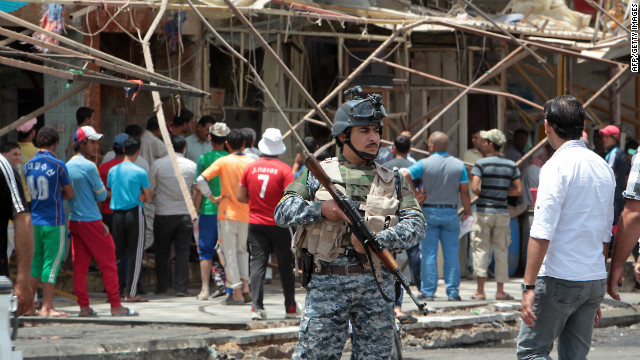




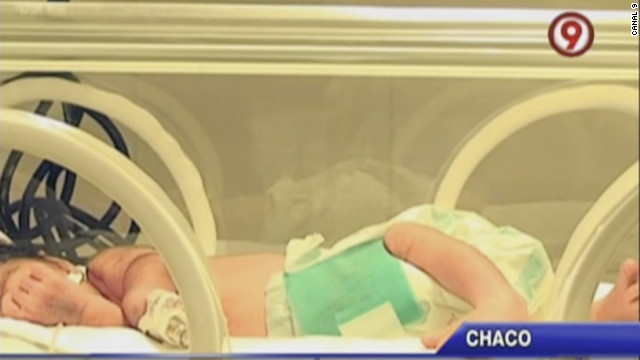




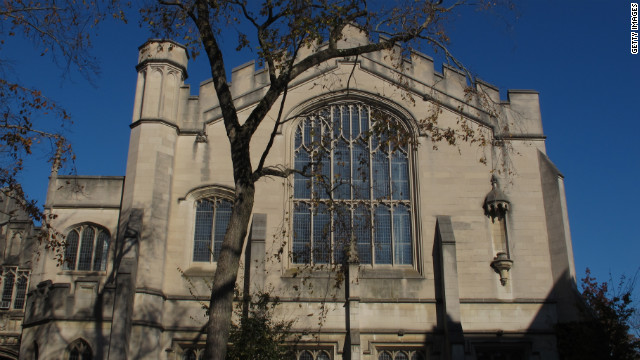
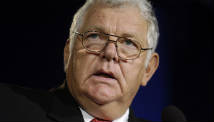
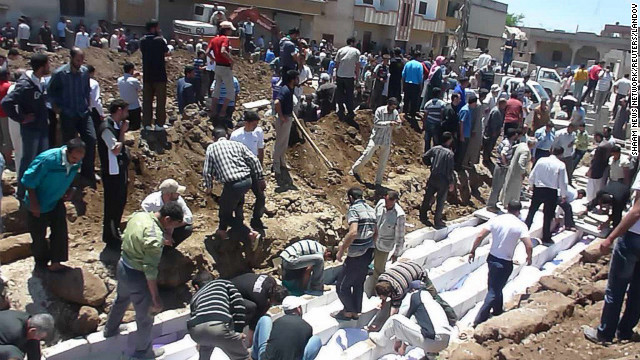

Do you feel you need to act differently with doctors? Join in the discussion below.